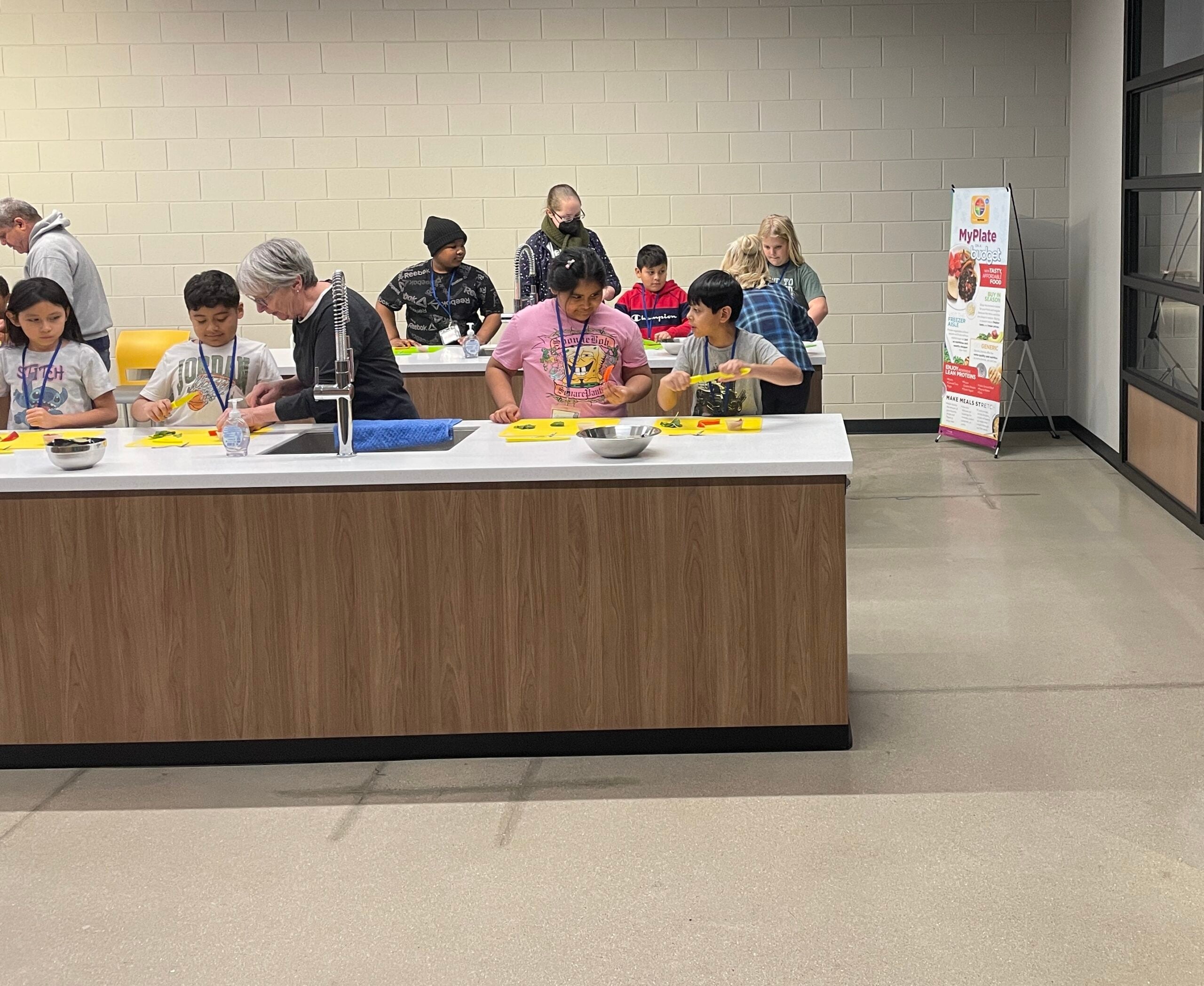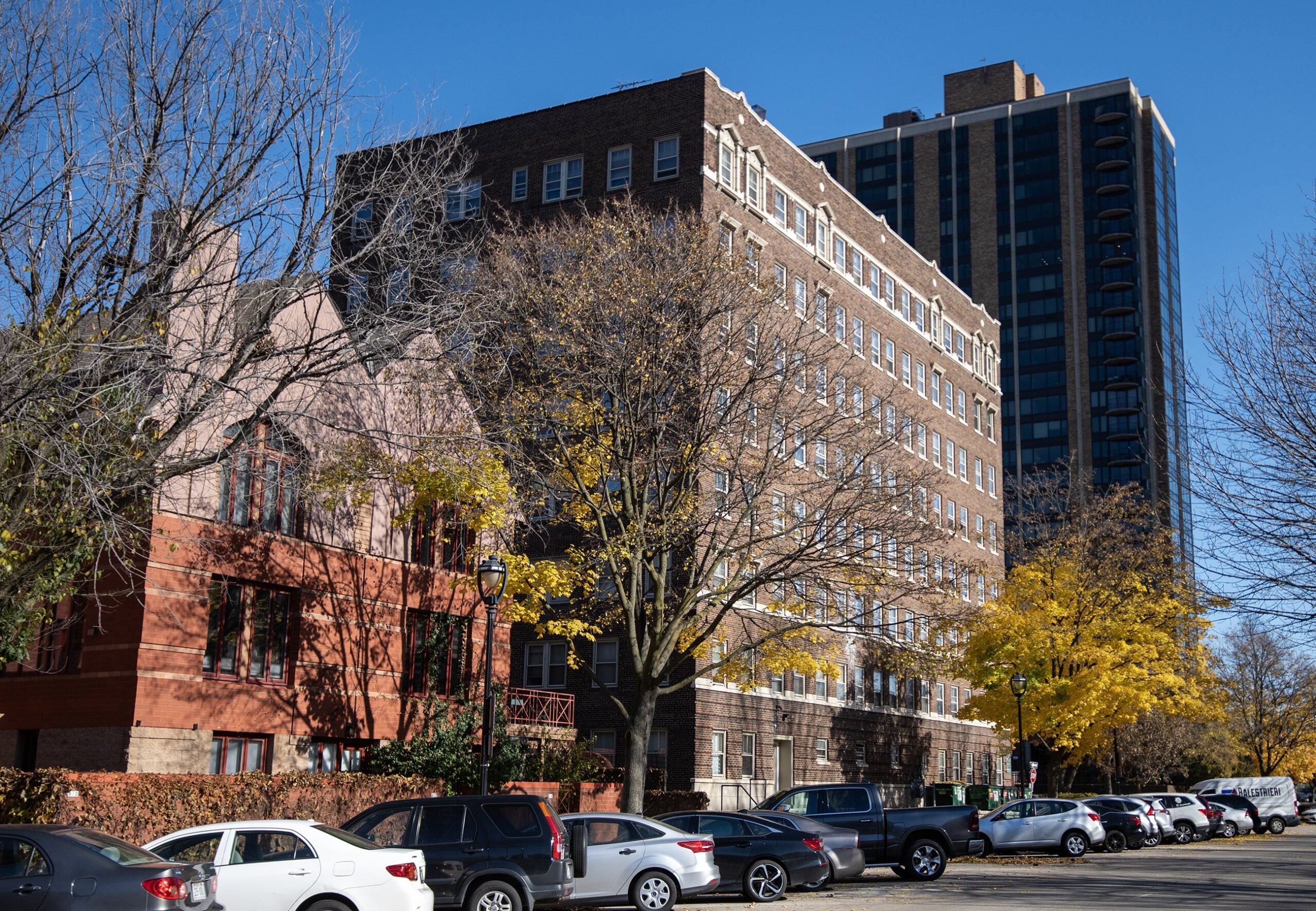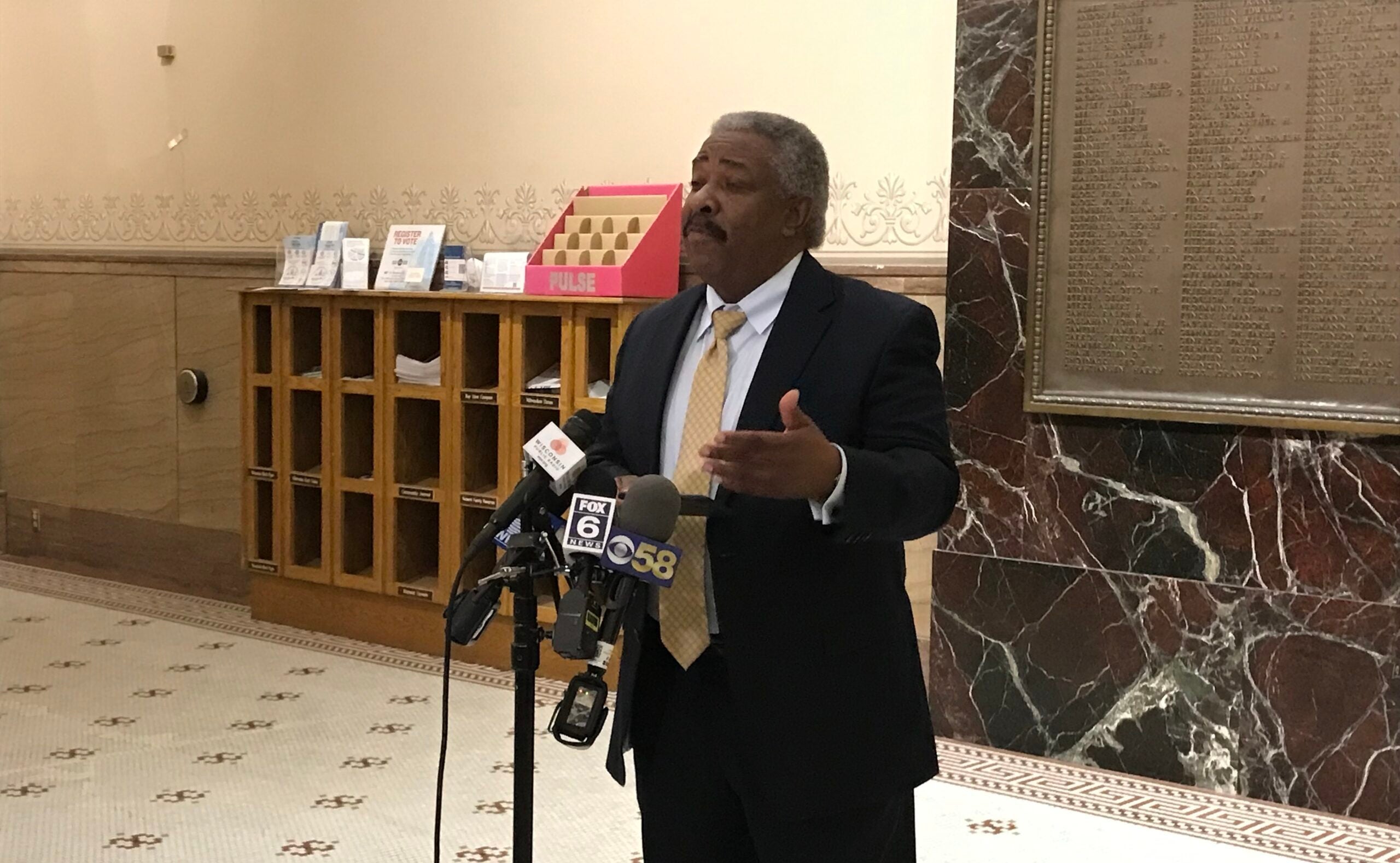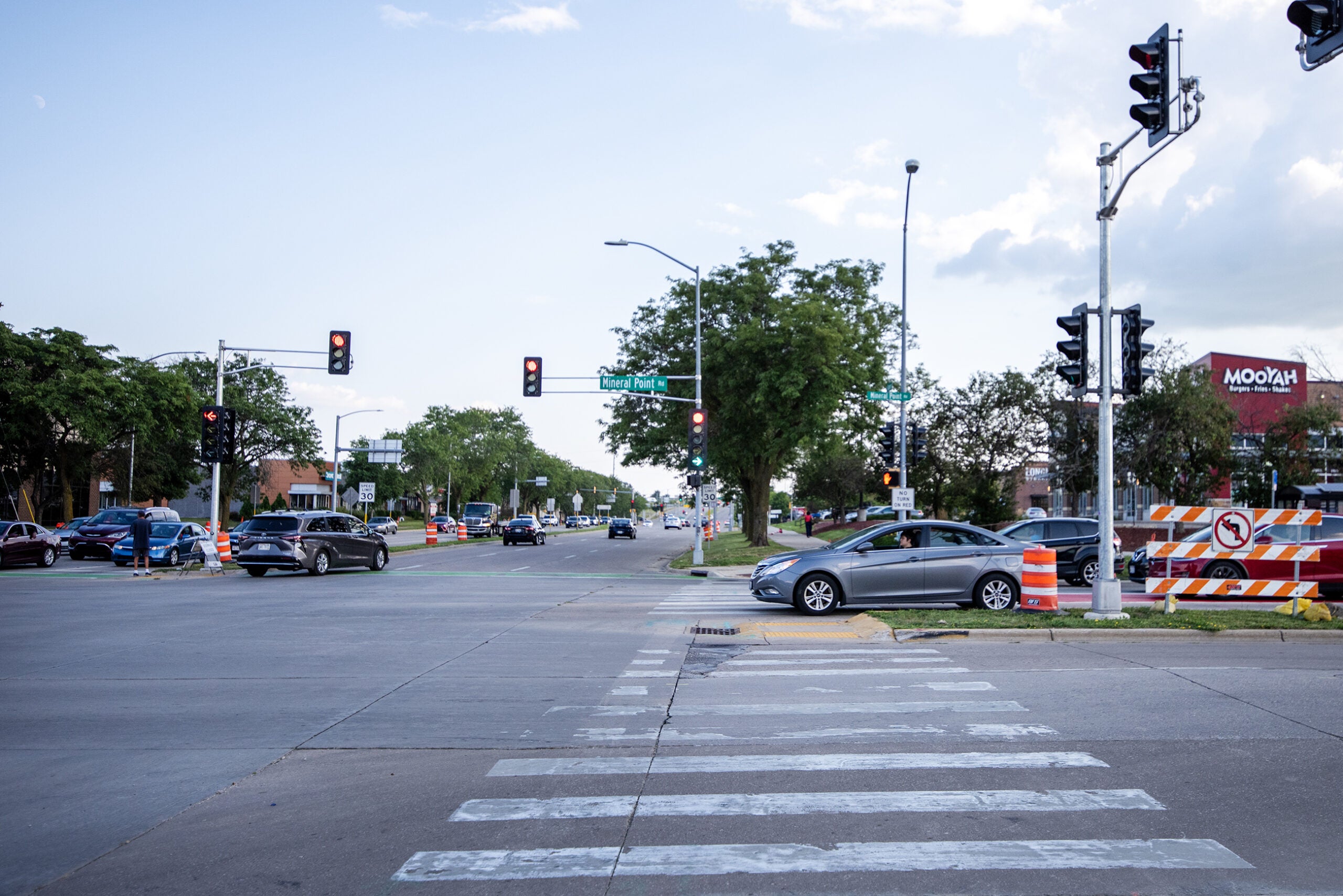Public health advocates say that as more people move to cities, a number of concerns will have to be addressed to keep larger communities healthy and sustainable.
One of the concerns about the population shift to cities is how to keep people healthy. Magda Peck is dean of the School of Public Health at UW-Milwaukee. She told a sustainability summit last week that deaths and chronic asthma cases from air pollution must be tracked.
She said that planners must keep health in mind when updating transportation.
Stay informed on the latest news
Sign up for WPR’s email newsletter.
“That means that it has to be safe,” Peck said.
“We’re going to look at pedestrian injuries, we’re going to look at car injuries, we’re going to look at bicycle injuries, in addition to being active, so that we create transport systems that encourage active and healthy lifestyles, which at the end will decrease obesity,” she went on.
Peck said violence is also a big worry.
“We know that cities have a disproportionate burden, not just by numbers but by concentration, and by behavior and by a culture of violence that plays out, and that is particularly in the area of homicide,” she said.
Peck said making sure urban dwellers have access to healthy food become more challenging as city populations grow. Will Allen of Milwaukee-based Growing Power says here and there, people are trying to supply good food.
“Walnut Way, with their peach trees last year, provided tremendous amount of [fruit],” Allen said. “Imagine growing peaches in Milwaukee, and nectarines and apples and pears and things like that on these small fruit farms that could be on some of these vacant lots.”
Allen says several Milwaukee area universities are making progress on a broader effort called the Institute for Urban Agriculture and Nutrition.
Wisconsin Public Radio, © Copyright 2024, Board of Regents of the University of Wisconsin System and Wisconsin Educational Communications Board.






